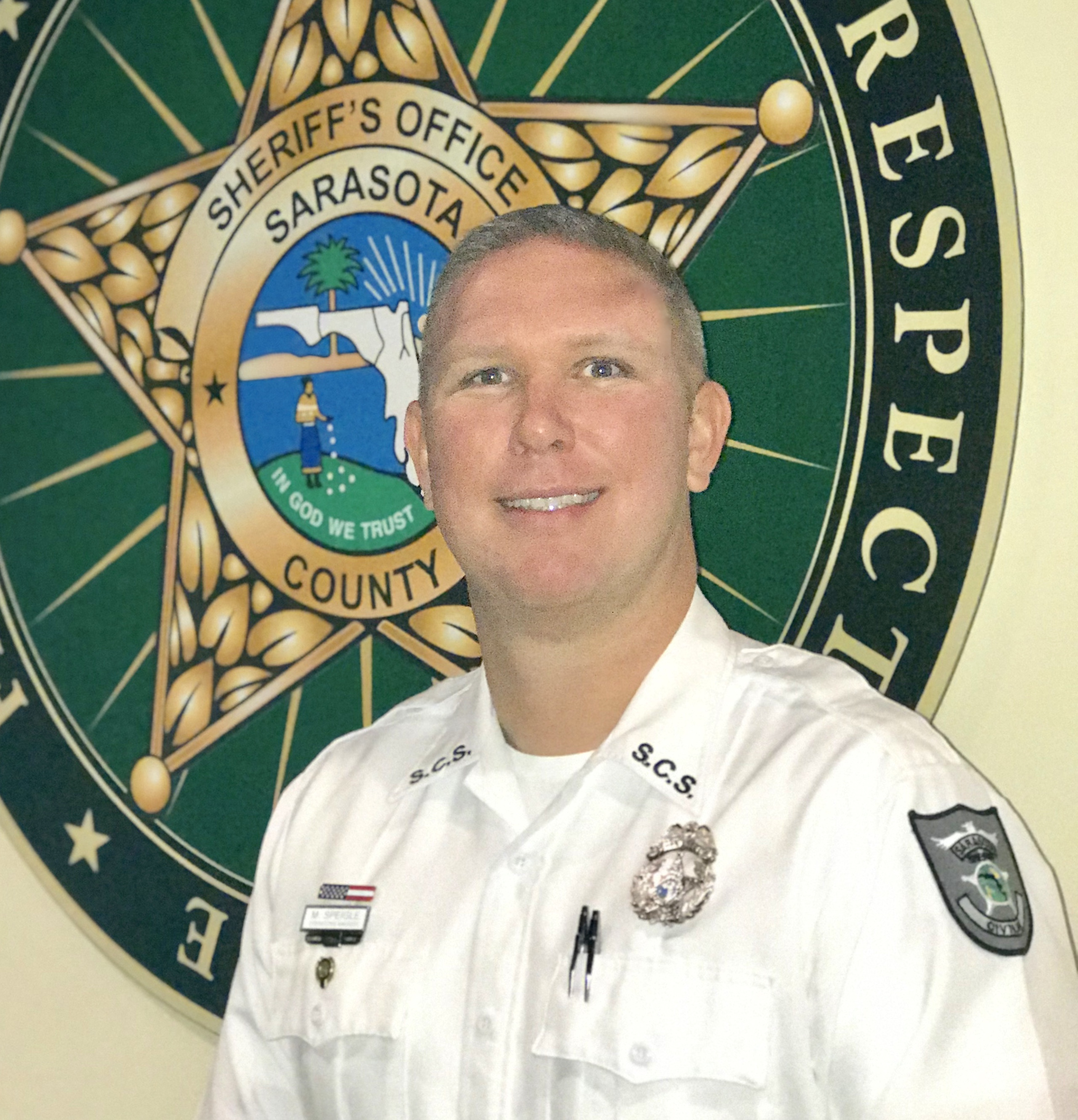

Straight From A Dispatcher

Guest Writer
Michael Speigle

As 911 dispatchers, we are constantly taking care of other people’s needs and emergencies. We hear and live through the countless traumas of our callers and those cries for help from our units, but rarely do we find out the outcome before moving to the next call. So, what about us? What about our health and our well-being? And how are we dealing with the emotional toll it takes?
In 2017, I lost my best friend and fiancé to suicide. This took me to the darkest places I have been in my lifetime. But this tragedy didn’t just affect me. It affected my entire dispatch center. The 911 call I placed was mistakenly routed to my PSAP even though the incident took place outside our coverage area in the next county. At that time, I was unaware of this. To this day, I can remember exactly what was said to the calltaker on the other end of the phone. Needless to say, my trauma was shared on a personal and professional level with each of my colleagues.
I was able to hold myself together fairly well until, unexpectedly, my lieutenant and previous captain arrived, followed by several on duty units and friends from my agency and a neighboring agency. The compassion shown by these amazing people along with countless others at the sheriff’s office was overwhelming. I am so proud to say I work for the Sarasota County Sheriff’s Office (Florida, USA).
These events only paint a small picture. What came next was another challenge. We have all heard at one point or another in our career that we need to check our personal lives and emotions at the door. But how do you check something like this? Something that not only affected me but my entire center. As a supervisor, how can I be responsible for my team members along with answering 911 calls and dispatching units if I can’t help myself?
Trauma affects each of us differently. Some of the symptoms of psychological trauma include shock, denial, confusion, anger, mood swings, anxiety, and guilt.1 For me, a diagnosis of PTSD was reached due to my ability to sleep excessively some days and have insomnia on others, along with nightmares, flashbacks, and the previously mentioned trauma symptoms. For a time, I was unable to drive or leave the house.
Luckily, I had some amazing friends who stepped up to help. Topping it off, over the course of 25 months since this had occurred, I put on a significant amount of weight. It wasn’t until my uniforms and civilian clothes had stretched as far as they would go that I said, “enough was enough.”
I had to start making some healthy changes in my life. I started with good portion control and cardio exercises. Our current captain instituted a step challenge to promote a healthier work environment. This was a fantastic idea and great motivator for me and the entire center. Three months later I’ve dropped forty pounds, and I feel so much better. I am sleeping better, eating better, and working out six days a week. Finally, some progress! Even my shift has started to pick up these good habits. I see them doing laps around the dispatch center between calls to get in their steps.
The work you are doing is important and critical when you are in the office. But when you’re not, you must learn to think about yourself. Take 30 minutes each day to take a walk, go for a run, hit the weights, or just relax and lay in the sun. Eat a well-balanced diet, and get plenty of sleep.2 Do something that is going to elevate yourself. These small changes have impacted my life for the better. Although nothing can change what happened, we must continue to push forward, keeping the amazing memories of our loved ones.

Each of us lives in a constant state of crisis for 8, 10, and 12 hours a day. In order to truly take care of others we must start with ourselves. Seeking help to deal with the traumas we face daily should not be viewed as a negative. There is only so much one can take on by themselves.
If you are currently experiencing, or have experienced in the past, a traumatic event, please seek some type of help. Talk to a colleague with whom you are comfortable. Activate Critical Incident Stress Management (CISM). If your agency does not have an Employee Assistance Program (EAP) or CISM, please look into it. Do you know your agency’s chaplain? If you don’t, can you make a connection now to use later down the line? Do you have a Victim Advocate Unit? Victim Advocates are specifically trained to deal with those who have suffered a misfortune and can provide benefits and information on community services.
Most importantly, seek professional help. Talking with a professional therapist who passes no judgment and offers to listen and be a guide is extremely helpful. Finally, remember to take that vacation, visit your family, or whatever it takes to recharge your batteries and get back to it. Remember, you are not alone.
Source
1 Robinson L., Smith M., Segal J. “Emotional and Psychological Trauma: Healing from Trauma and Moving On.” 2018; October. https://www.helpguide.org/articles/ptsd-trauma/coping-with-emotional-and-psychological-trauma.htm/ (accessed May 31, 2019).
2 See note 1.







